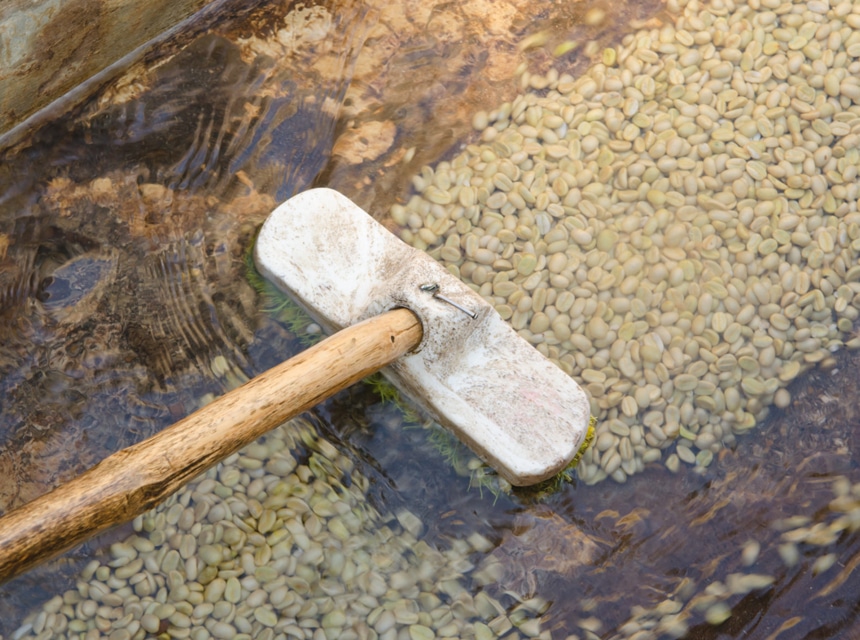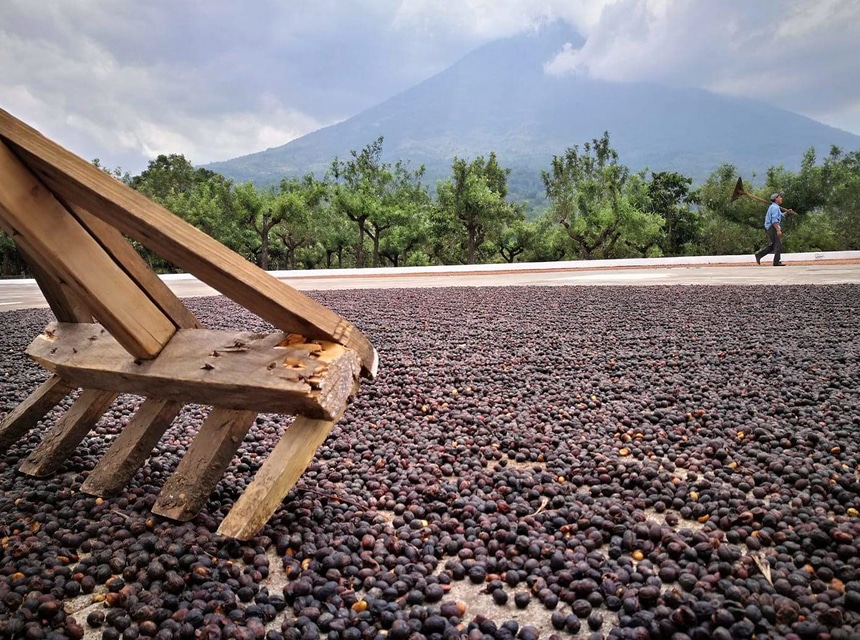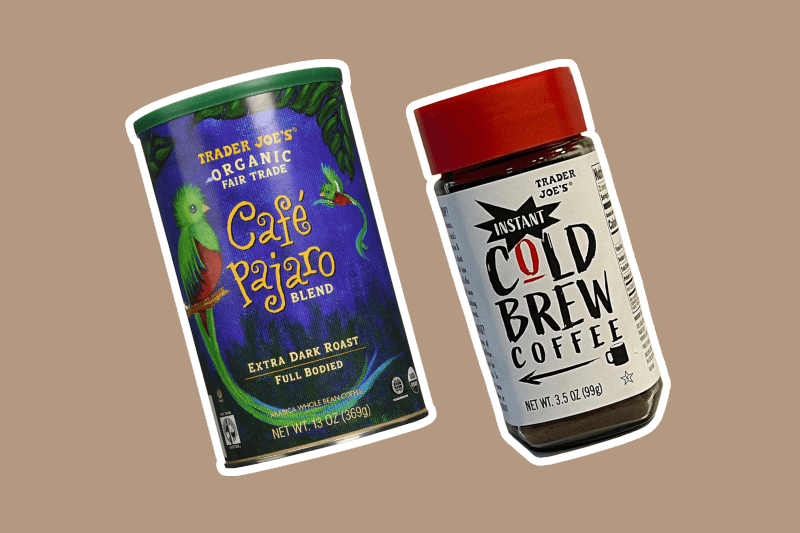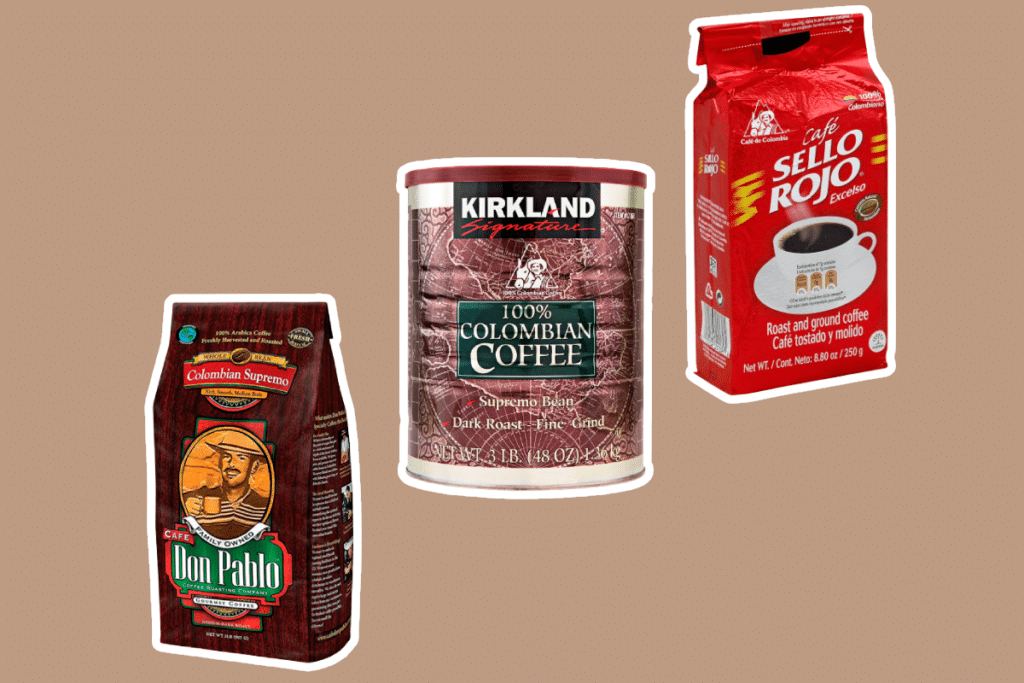

There are many reasons that we drink coffee. Some people can’t function in the morning until that cup of joe, some people simply enjoy the taste and brewing process, and some people are chasing the potential health benefits associated with drinking coffee Trusted Source Why coffee could be good for your health? Caffeine is the most popular psychoactive drug in the world. www.bbc.com .
Regardless of the reason, many of us need a great-tasting cup of coffee in the morning. This leaves a lot of coffee drinkers comparing washed vs. natural coffee. These are two of the most common processing methods for coffee beans, and they can have a profound effect on the flavor of your brew.
Everyone has different tastes, which is why there are tons of different coffee varieties out there. So, to make it easier for you to find the right coffee for your palette, we’ll compare natural process vs. washed process coffee to help you find the right beans for your morning brew.

The washed coffee process is one of the most common forms of coffee processing worldwide. Many farms from different regions, localities, and countries around the world use the washing process for their coffee.
Also referred to as the wet process, washed process coffee is harvested and picked, then they are washed before drying.
Farmers pick coffee cherries from the plant. This is the first step of most coffee processes. Once they are picked, the berries are fed through a de-pulper, which separates the beans from the flesh of the fruit. After the machine separates the beans from the fruit, there is mucus around the beans, known as mucilage, which comes from the inside of the fruit.
The mucilage is slimy and sticky, and in the washing process, beans are fermented in water for two days with the mucilage still on. The sugars in the mucilage play a huge role in the fermenting of the beans, so it’s crucial that it’s left on when submerged in water. The fermentation process gives the coffee the signature flavor that keeps us sipping every day.
After fermentation, the beans are then washed to remove all the excess mucilage left on the bean. From there, the beans are then dried either naturally by the sun or through a mechanical process. After the beans are dried, they are then stored and then milled to remove any unwanted parts from the bean before being shipped off to stores.
Since the washing process is the most popular amongst farmers worldwide, washed coffee features the signature coffee taste we know and love. The washing process gives farmers more control over the flavor, which results in more consistent notes in the beans. Compared to natural coffee, washed coffee boasts a lighter flavor with bright, acidic notes. Many connoisseurs state that washed coffee offers a more complex flavor profile compared to natural processed coffee.

When comparing natural process vs. washed process coffee, the main difference is how long the beans stay in the fruit. In the natural process, beans stay in the fruit for a longer amount of time. This process takes longer than the washed process, which is why natural coffee isn’t as common as washed coffee.
Natural process coffee is sometimes referred to as dry-processed coffee, and it is one of the oldest coffee preparation methods out there. Natural process coffee beans stay inside the coffee cherry for much longer. The beans stay inside the fruit for the entire drying process, which can usually take up to a couple of weeks.
Just like with washed coffee, however, natural processed coffee still gets picked by farmers as coffee fruit. Farmers pick the cherries once they are ripe, which ensures the best flavor possible. Once the cherries are picked, farmers lay them out flat on a sheet under the sun to dry. Sometimes farmers lay out dry-processed coffee on bricks or cement since techniques vary from region to region.
When the beans are laid out to dry, farmers regularly rotate or rake them to keep them from rotting under the sun and to slow down the fermentation process. The main difference between washed and natural coffee is that natural coffee beans are fermented and dried inside the fruit, whereas washed coffee beans are separated from the fruit early on.
When the natural processed coffee beans have fully dried, only then will the farmers separate the bean from the fruit. After removing the bean, they still have to go through a milling process to ensure quality. If you’re new to the world of coffee, it would be best to read up on how coffee is made to give you a better idea of the process.
A huge difference between washed and natural coffee is the taste. With natural processed coffee, farmers have less control over the drying and fermenting of the beans, so flavors aren’t as consistent. However, many connoisseurs have stated that natural coffee sports a fruitier flavor compared to washed coffee.
The fruity taste comes from the fact that the beans are in contact with the fruit for a much longer time during the fermentation process. On top of that, the sun-drying process also makes natural coffee sport a more fermented taste than washed beans.
Figuring out whether to buy washed or natural coffee beans is all up to your own tastes and preferences. Many people debate on washed coffee vs. natural coffee: which is better? The answer to that debate will always depend on your own tastes.
Washed coffee takes more energy to produce, but farmers have more control over the process, which allows them to create more consistent flavors. On the flip side, natural processed coffee requires fewer resources to produce and sports a more fermented and fruitier flavor profile.
The process used in preparing and fermenting the coffee barely has an impact on the caffeine content. Many different factors determine how much caffeine is in a cup of coffee and whether it’s washed or naturally processed coffee has nothing to do with it. So, keep in mind that flavor, not strength, is the main difference between washed and natural processed coffee.
If you prefer a more acidic flavor in your coffee with fruity notes, we recommend washed coffee. However, if you need a richer and heavy-bodied cup of joe that uses more sustainable practices, then natural coffee is the better fit for you. And since the main way coffee impacts the environment comes from the production process of the beans Trusted Source How green is your coffee? | Ethical and green living | The Guardian Our taste for coffee has hit forests and biodiversity, but efforts are afoot to make production more sustainable. www.theguardian.com , it might be best for coffee drinkers to choose the more sustainable option.
For the best of both worlds, you can even buy a bag with a blend of washed and natural process coffee beans such as the Lavazza Gran Espresso Whole Bean. Besides, the Segafredo Zanetti Cafe Senza Decaf Espresso are ideal for those who prefer their coffee without caffeine.
The battle of washed vs. natural coffee will go on for a very long time. Every coffee enthusiast has their own preferences, which greatly affect the type of coffee they drink. Both of these coffee preparation processes have their own set of benefits, and they also have their own downsides.
When choosing the right coffee beans for you, we always recommend prioritizing your own preferences. Ask yourself what flavors you enjoy, how much of a carbon footprint the coffee leaves, as well as what kind of coffee you’re going to brew. And that’s accomplished, you’ll easily find the right beans for your needs.





